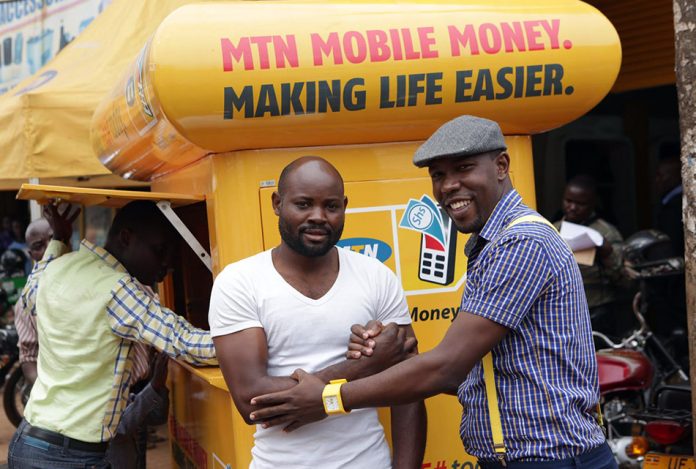Financial inclusion is on the rise globally, accelerated by mobile phones and the internet, but gains have been uneven across countries. A new World Bank report on the use of financial services also finds that men remain more likely than women to have an account.
In Sub-Saharan Africa, and Uganda in particular, mobile money drove financial inclusion in the past recent years. “The share of adults with a financial institution account remained flat, the share with a mobile money account almost doubled, to 21 per cent,|” says the report.
The report says since 2014, mobile money accounts have spread from East Africa to West Africa and beyond. “The region is home to all eight economies where 20 per cent or more of adults use only a mobile money account: Burkina Faso, Côte d’Ivoire, Gabon, Kenya, Senegal, Tanzania, Uganda, and Zimbabwe,” the report says.
The report says opportunities abound to increase account ownership as up to 95 million unbanked adults in the region receive cash payments for agricultural products, and roughly 65 million save using semiformal methods.
Globally, 69 per cent of adults – 3.8 billion people – now have an account at a bank or mobile money provider, a crucial step in escaping poverty. This is up from 62 per cent in 2014 and just 51 per cent in 2011.
From 2014 to 2017, 515 million adults obtained an account, and 1.2 billion have done so since 2011, according to the Global Findex database. While in some economies account ownership has surged, progress has been slower elsewhere, often held back by large disparities between men and women and between the rich and poor. The gap between men and women in developing economies remains unchanged since 2011, at 9 percentage points.
The Global Findex, a wide-ranging data set on how people in 144 economies use financial services, was produced by the World Bank with funding from the Bill and Melinda Gates Foundation and in collaboration with Gallup, Inc.
The report notes that there has been a significant increase in the use of mobile phones and the internet to conduct financial transactions. Between 2014 and 2017, this has contributed to a rise in the share of account owners sending or receiving payments digitally from 67 per cent to 76 percent globally, and in the developing world from 57 percent to 70 per cent.
Globally, 1.7 billion adults remain unbanked, yet two-thirds of them own a mobile phone that could help them access financial services.
The report further notes that digital technology could take advantage of existing cash transactions to bring people into the financial system, the report finds. For example, it says, paying government wages, pensions, and social benefits directly into accounts could bring formal financial services to up to 100 million more adults globally, including 95 million in developing economies.
It says there are other opportunities to increase account ownership and use through digital payments: more than 200 million unbanked adults who work in the private sector are paid in cash only, as are more than 200 million who receive agricultural payments.







